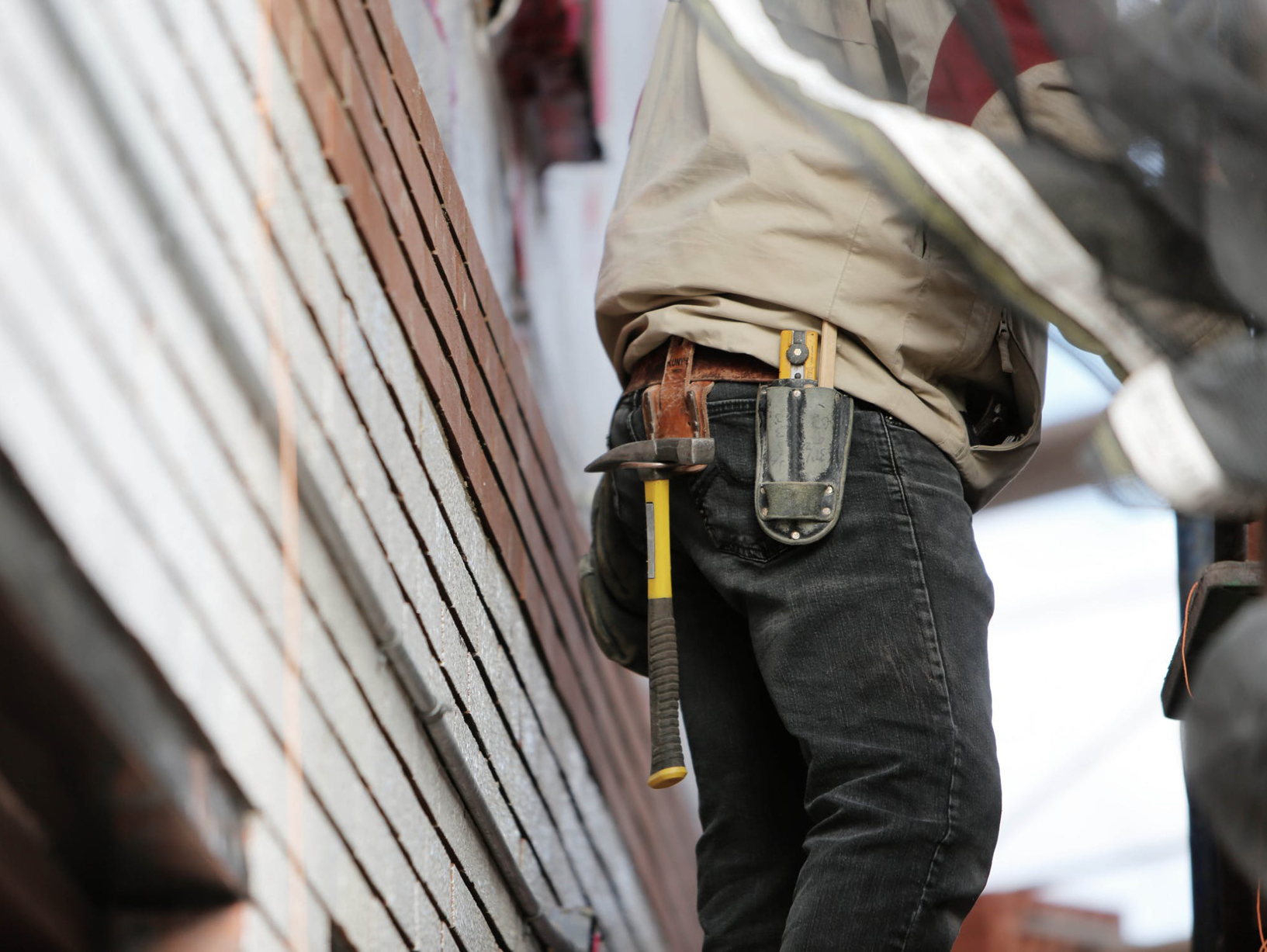Is Buying a Short Sale Right for You?
When you’re searching the real estate market for a new home, a short sale can be an out-of-the-ordinary option that could be enticing. However, even if you can buy a short sale for what seems like a steal, there may be additional costs you haven’t considered. Use the following information to determine if a short sale is a good homebuying opportunity for you.
What is a short sale?
A short sale occurs when a homeowner is behind on their mortgage payments and owes more than what the home is worth. The lender agrees to accept a payment that’s less than what is owed on the mortgage and approves the sale of the home.

Pros of a short sale
There are several reasons why a short sale is a tempting homebuying opportunity. If you think a short sale is right for you, make sure you work with a real estate agent that has experience with short sales and can help guide you through the process.
The home may be sold at a reduced price.
The biggest benefit of considering a short sale is that you may end up paying a great price compared to a traditional home sale. On average, you could pay 21 percent lower for a short sale. Lenders will be motivated to sell the house quickly and avoid lingering on the market for weeks or months.
There may be less competition.
Buying a short sale home can end up taking longer to complete than you might think, and some homebuyers may be unwilling to wait. Less competition can be good for you to avoid getting into a bidding war with another buyer and may make your offer more likely to be accepted.

Cons of a short sale
While a short sale can be an intriguing option, make sure you’re aware of some of the potential downsides you could experience.
Home repairs can be costly.
While you may believe you’re getting a great deal on the home, you need to be aware that a short sale may be suffering from deferred maintenance and require repairs ranging from cosmetic upgrades to a new roof. Remember: short sales are sold as-is and may be more fixer-upper than move-in ready. Before buying a short sale, you should request a home inspection to know of any needed repairs. However, lenders might be unwilling to budge on a lower price or concessions.
The lender must approve of the sale.
It is important to remember that the lender has the final say over the home sale. The lender will be trying to recoup as much of the mortgage as possible, and they may set a competitive price for the home. If they believe an offer is too low, they can counter your offer or reject it altogether. The lender may also request that the homeowner help pay the closing costs. If they refuse, this could cause the sale to fall apart.
It can take months to complete.
Don’t let the term “short sale” deceive you—getting your offer accepted may take four to six months. This is due to the mortgage lender needing to approve the sale. It could take even longer if multiple lenders are involved due to a second mortgage.
Are you just getting started on your homebuying journey? Use this timeline of the homebuying process so you can stay informed every step of the way.

















